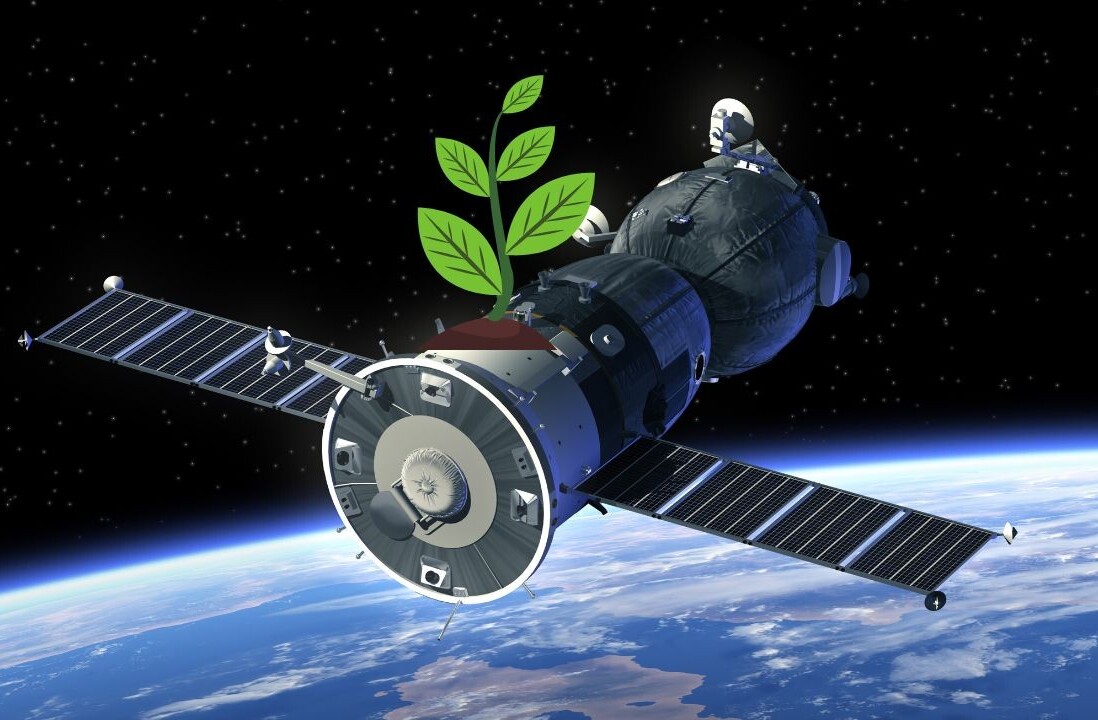
| This Content Series Post is sponsored by Serve® from American Express. Serve is a new way to settle up with friends instantly via email or mobile device. Sign up for Serve and receive $10 credit towards your first use. Comment below within the next 7 days for your chance to win an extra $100 credit to your account! For official rules visit http://trim.fm/4W1 |
–
It’s easy to take modern conveniences for granted, especially when they’ve been around for awhile. The internet has quickly moved from a high-tech innovation into a daily necessity that runs absentmindedly in the background.
Some many wonderful things that have become an important part of our daily lives would never have existed without being able to connect globally and instantly with the world around us. In this spirit, here’s a list of things that were much more difficult to do before the internet came into our lives
1. Going Viral
Viral content, particularly videos, had to be rapidly passed around on analog mediums like tapes before the wonders of the web became a household commodity. Now, sites like Youtube make it easier than ever for innovative, or incredibly funny content to play infront of thousands of eyes within hours.
Clips like the dancing Oogachaka Baby, spread like wildfire and into popular TV shows (aka Ally McBeal) through the viral nature of the Web.
2. Growing your business
New marketing techniques, including taping into social media to reach customers, would never be possible without the Web. Major brands like Coca Cola relied on more static mediums like bilboards and TV ads. For companies like NeXT, samples and demos needed to be presented in person to have a notable impact. For example, here’s a video of Steve Jobs demoing to showcase “interconnected personal computing,” which had to be brought clients by a sales representative.
Today, instantly sending over demonstration videos and other important documentation saves time and money, allow clients to find the best services available, while helping small and large businesses bring in revenue.
3. Having Relationships
The heart of a relationship lies in communication, and for couples and friends, communication has changed drastically with the growth of the World Wide Web. It all started with email, IM and chatrooms. And now the rise of social networking continues to keep an entire generation of classmates, coworkers and star-crossed lovers in touch.
New forms of communication have also taken hold. Video chatting, including Skype’s free video calls (Skype to Skype) between anyone around the globe, belittles distance with technology that seemed unrealistically futuristic only 15 years ago.
Long distance relationships, in particular, have been made drastically easier. Keeping in touch via letters and the telephone may sound romantic, but modern technology affords couples a practical way to be apart of each other’s lives — no matter how far apart they are.
4. Being an Artist
Struggling indie musicians have benefitted from the rise of the internet more than you might expect. The internet is not exclusive or expensive for independent songwriters and bands, which levels the playing field for all artists to compete with talent and new ideas, instead of marketing dollars.
Napster had a huge role in the success of bands like Dispatch, and the continued ease of music streaming and downloading has a positive impact on independent musicians looking to spread their work across the world, without paying a premium fees for CD printing and distribution.

In recent years, Youtube has become a discovery engine for A&R teams all over the world. Popular acts like Justin Bieber have the web to thank for much of their new-found fame, because without it they could have never been propelled into startdom.
Along with musicians, videographers have greatly benefited from the ease of self promotion through the likes of Vimeo and Youtube. Photographers are also the benefit of tools like flickr and 500px, which makes it easier to find clients and license existing photographs.
5. Education

Packed with the world’s largest library of information and archives, the internet continues to be filled with resources for learning a seemingly unlimited amount of skills. SkillShare, Codecademy and Treehouse are just a few examples of the ways the internet helps connect teachers and students. Without this technology at your fingertips, it’s likely your methods of education would almost exclusively consist of book learning and university.
The exploding methods of online education are a testament to the tools the internet affords us. From online classes that supplement on campus learning, to the recent announcement of online courses by General Assembly, sharing and obtaining knowledge has never been easier.
6. Global Controversies
 The Internet has taken the promise of radio and made it global, continuously. The old adage was “hear it now, see it tonight, read it tomorrow” (radio/tv/paper). In the past, breaking news and information leaks had to spread through newspaper printers and telephone calls. Today, information spreads so fast that transparency is a growing battle between the likes of Wikileaks (which has suspended publishing due to funding problems), and vulnerable organizations like the US Government.
The Internet has taken the promise of radio and made it global, continuously. The old adage was “hear it now, see it tonight, read it tomorrow” (radio/tv/paper). In the past, breaking news and information leaks had to spread through newspaper printers and telephone calls. Today, information spreads so fast that transparency is a growing battle between the likes of Wikileaks (which has suspended publishing due to funding problems), and vulnerable organizations like the US Government.
7. Traveling
There’s a reason why travel agents were so wide spread before the internet became a household fixture. The entire process, from booking flights to renting a car and planning hotel reservations, was a tough job. But now, all that work has been almost entirely replaced by the likes of Google, Expedia and Travelocity. Sites like these speed up the time and cost of planning trips tremendously, almost eliminating a third party.
The ease of finding where you are, with maps and gps, has rapidly changed with the growth of the internet. And new methods of traveling, including Airbnb, make trips even more interesting. The internet has also had a deep affect on smartphones: By connecting to a global network of geolocated restaurants and other businesses, they leave much of the US without a way of actually finding themselves lost.
8. Copyright infringement

This one’s a bit tongue and cheek. Content powerhouses, like record labels, have always made an effort to protect their product. Record labels once rejected radio, because they feared nobody would buy music if they could listen to it for free in their car.
Later on, tapes became a common way of sharing music between friends. CDs launched with some controversy, but nothing has shaken the foundation of music distribution like the internet. And with this ease of distribution comes illegal distribution, which has left a massive dent like never before in the music industry’s profits. From Napster, Kazaa and Limewire, to Torrents and Rapidshare, stealing music violating copyright laws is so easy, a child could do it.
9. Communication of Everything and Anything
The sharing of information and ideas, in general, has never occurred at such a rapid pace in all of history. The economic factors involved make this particularly special, because the cost of sending videos, books and even making telephone calls has dropped significantly with the birth of digital interconnectivity.
As you can see above, the internet has changed the world in a short number of years; mostly for the better. And as we become more and more connected, we can only imagine how the internet continue to change the world as we know it.
Get the TNW newsletter
Get the most important tech news in your inbox each week.





